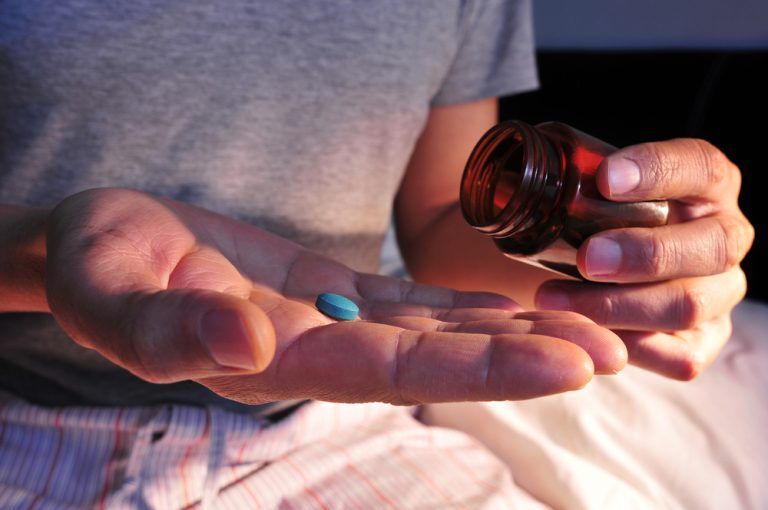Detoxing from Alcohol: Symptoms, Risks, and Safe Recovery
Advance Minds Blog
A safe space to explore subjects within the community such as mental health, substance abuse and personal identity.
Our safe space also provides the opportunity for real individuals to express their hardships and success through writing.
Detoxing from Alcohol: Symptoms, Risks, and Safe Recovery

Alcohol detox is the first step in overcoming alcohol dependence, but it can be a challenging and dangerous process if not done properly. Alcohol withdrawal can lead to serious health risks, making medical supervision crucial for a safe detox. This article covers the symptoms, risks, and best practices for detoxing from alcohol safely.
1. What is Alcohol Detox?
- Definition: Alcohol detox is the process of eliminating alcohol from the body while managing withdrawal symptoms.
- Purpose: Helps individuals safely transition from physical dependence to sobriety.
- Duration: Withdrawal symptoms typically last 3 to 7 days, but cravings and emotional effects can persist longer.
2. Signs of Alcohol Dependence
- Drinking more or longer than intended.
- Difficulty stopping or controlling alcohol use.
- Increased tolerance (needing more alcohol for the same effect).
- Experiencing withdrawal symptoms when not drinking.
- Prioritizing alcohol over responsibilities or relationships.
3. Alcohol Withdrawal Symptoms
Mild to Moderate Symptoms (6–12 Hours After Last Drink)
- Anxiety and restlessness
- Headaches
- Nausea and vomiting
- Sweating and increased heart rate
- Tremors (shaky hands)
Severe Symptoms (24–72 Hours After Last Drink)
- High blood pressure and irregular heartbeat
- Confusion and disorientation
- Hallucinations (seeing or hearing things that aren’t there)
- Seizures (can be life-threatening)
Delirium Tremens (DTs) – A Medical Emergency (48–72 Hours After Last Drink)
- Severe confusion and agitation
- Fever and heavy sweating
- Rapid heart rate
- Severe hallucinations and seizures
4. Is It Safe to Detox at Home?
- Mild withdrawal: Some individuals with mild symptoms can detox at home with a support system.
- Moderate to severe withdrawal: Medical detox in a rehab or hospital setting is strongly recommended to prevent life-threatening complications.
5. Safe Alcohol Detox Options
- Medical Supervision: Doctors can monitor symptoms and provide medications to ease withdrawal.
- Medication-Assisted Detox: Common medications include:
- Benzodiazepines (e.g., diazepam, lorazepam): Reduce anxiety and prevent seizures.
- Anticonvulsants: Help prevent seizures and tremors.
- Beta-blockers: Manage heart rate and blood pressure.
- Thiamine (Vitamin B1): Prevents Wernicke’s encephalopathy (a brain disorder linked to alcohol withdrawal).
- Hydration & Nutrition: Alcohol depletes essential nutrients, so proper hydration and vitamin supplements (especially B vitamins) are crucial.
- Supportive Environment: A quiet, stress-free setting helps ease withdrawal symptoms.
6. What to Expect During Detox
- First 24 Hours: Symptoms begin, including anxiety, shaking, and nausea.
- Day 2–3: Symptoms peak—hallucinations, seizures, and delirium tremens may occur in severe cases.
- Day 4–7: Symptoms gradually improve, but cravings and fatigue may persist.
- After 1 Week: Most withdrawal symptoms fade, but psychological effects (anxiety, depression, and cravings) may continue for weeks or month.
7. Coping Strategies During Detox
- Stay Hydrated: Drink plenty of water and electrolyte-rich fluids.
- Eat Nutrient-Dense Foods: Whole grains, fruits, vegetables, and lean proteins help replenish lost nutrients.
- Get Support: Friends, family, or a support group can help with emotional challenges.
- Practice Relaxation Techniques: Deep breathing, meditation, and light exercise can reduce stress.
- Seek Professional Help: Therapy and counseling can help address underlying causes of alcohol dependence.
8. What Happens After Detox?
- Rehab Programs: Inpatient or outpatient treatment can help build coping skills and prevent relapse.
- Therapy Options:
- Cognitive Behavioral Therapy (CBT): Helps change negative thought patterns related to drinking.
- Group Therapy & Support Groups (AA, SMART Recovery): Provides encouragement and accountability.
- Lifestyle Changes: Exercise, healthy eating, and stress management help maintain sobriety.
9. Preventing Relapse After Detox
- Identify Triggers: Avoid situations that lead to drinking.
- Build a Support Network: Connect with sober friends and family.
- Develop Healthy Coping Mechanisms: Replace alcohol with positive habits like hobbies or exercise.
- Consider Medication-Assisted Treatment (MAT):
- Naltrexone: Reduces alcohol cravings.
- Acamprosate: Helps maintain long-term sobriety.
- Disulfiram (Antabuse): Causes unpleasant reactions if alcohol is consumed.
10. When to Seek Help for Alcohol Detox
- If you have a history of severe withdrawal symptoms.
- If you have medical conditions that may worsen withdrawal.
- If you are at risk for delirium tremens (DTs) or seizures.
- If you have tried to quit before but relapsed.
Final Thoughts
Alcohol detox is a crucial step toward recovery, but it should be done safely with proper medical supervision. If you or a loved one is struggling with alcohol dependence, seek professional help to ensure a safer and more successful detox. Recovery is possible, and with the right support, long-term sobriety can be achieved.
















